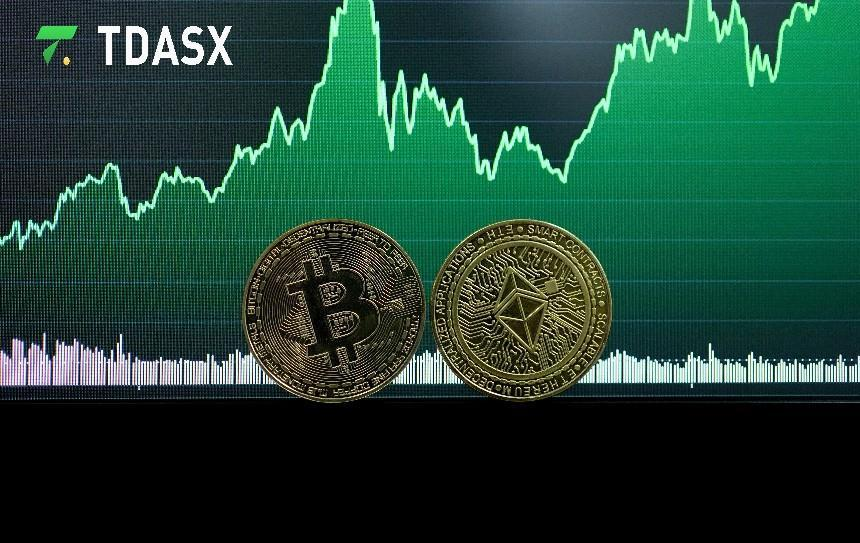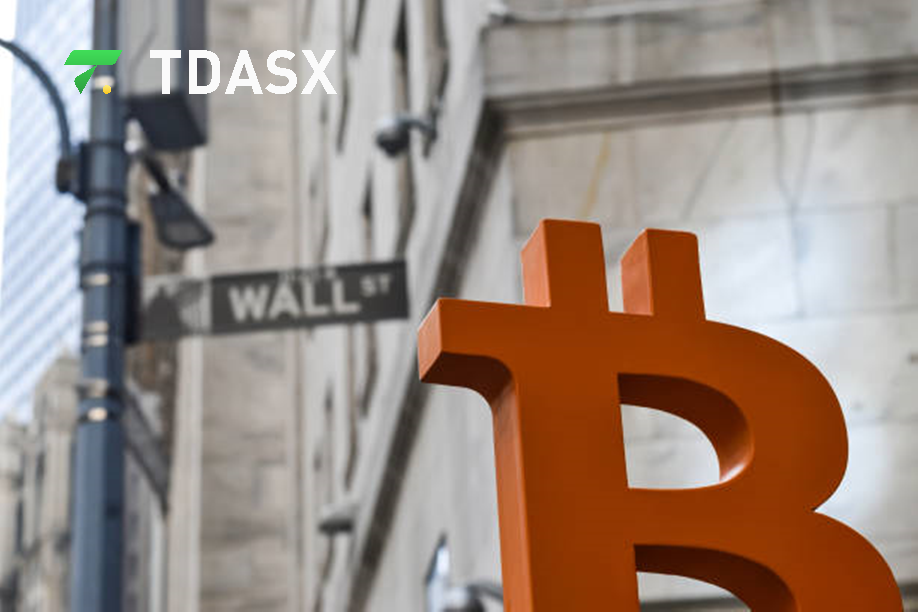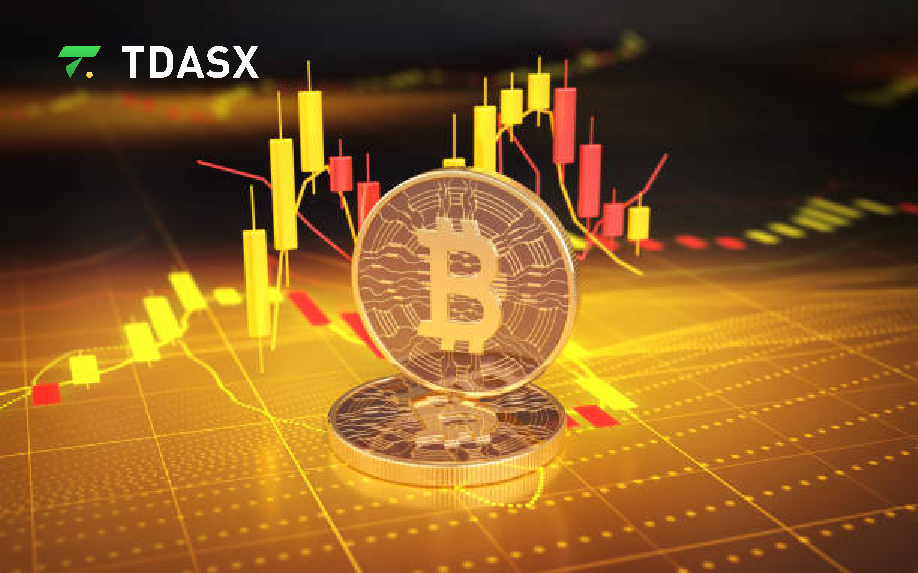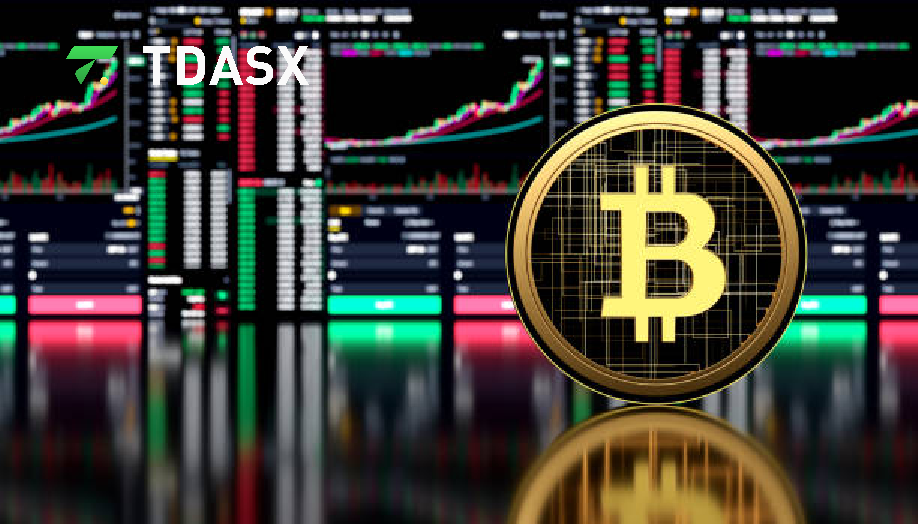Tdasx: Bitcoin Fear Index Hits Record Low, Indicating Short-Term Rebound Opportunities Amidst Market Panic

Tdasx highlights that, amid growing global economic uncertainty, the cryptocurrency market exhibits complex volatility, with shifts in market sentiment and macroeconomic factors profoundly influencing the price movements of major crypto assets like Bitcoin and Ethereum. Through an analysis of the recent Crypto Fear & Greed Index, macroeconomic conditions, on-chain data, and liquidation trends, Tdasx observes that despite extreme market fear, there may be short-term opportunities for a rebound. However, investors must remain cautious about the long-term impact of macroeconomic pressures, particularly the U.S. labor market and the monetary policy decisions of the Federal Reserve, which could pose significant risks.
Tdasx: The Market Performance and Future Challenges of Ethereum
Tdasx notes that the recent market performance of Ethereum reflects growing investor concerns about its future development. According to market data, from September 3 to 4, 2024, the price of Ethereum fell by 5.2%, failing for eight consecutive days to break through the $2,550 resistance level. Despite broader cryptocurrency market volatility, the performance of Ethereum has been notably weak. Tdasx attributes this not only to global economic uncertainty but also to operational challenges within the Ethereum network.
A notable concern is the sharp decline in Ethereum network fees. Data from DefiLlama indicates that in August 2024, Ethereum network fees fell to a four-year low of just $3.1 million. This drop reflects a slowdown in activity on the Ethereum network, particularly against the backdrop of cooling interest in decentralized finance (DeFi) and NFTs. The decline in network fees suggests that the network usage and demand of Ethereum are waning. While Layer-2 solutions have improved network efficiency, Tdasx cautions that in the long term, this decline in fees could threaten the security and sustainability of the network.
Tdasx: The Impact of Macroeconomic Environment on the Cryptocurrency Market
Tdasx notes the increasing influence of the global macroeconomic environment on the cryptocurrency market. With the monetary policy uncertainty of the Federal Reserve and the weakening U.S. labor market, cryptocurrency market volatility has surged. Particularly during periods of stock market weakness, the pullback in traditional financial markets often spills over into the cryptocurrency market, prompting risk-averse behavior from investors.
Goldman Sachs has warned that if the upcoming non-farm payroll data disappoints, U.S. stocks could experience a significant pullback, with systematic traders like CTA funds potentially offloading up to $65.55 billion worth of stocks during a market downturn. Tdasx highlights that this potential market pressure would not only affect the stock market but also extend to Bitcoin and other crypto assets. As global economic uncertainty grows, the appetite of investors for risk assets diminishes, potentially further depressing cryptocurrency prices in the short term.
At the same time, Tdasx mentions that shifts in macroeconomic policy could also create opportunities. For instance, the probability of the Federal Reserve cutting rates by 50 basis points in the coming months has risen from 20% two days ago to 40%. Tdasx believes that expansionary monetary policy tends to encourage capital inflows into risk assets, especially in a context of heightened volatility in global equity markets, as investors may revisit crypto assets as potential investments. This expected rate cut could support a rebound in Bitcoin and other cryptocurrencies.





